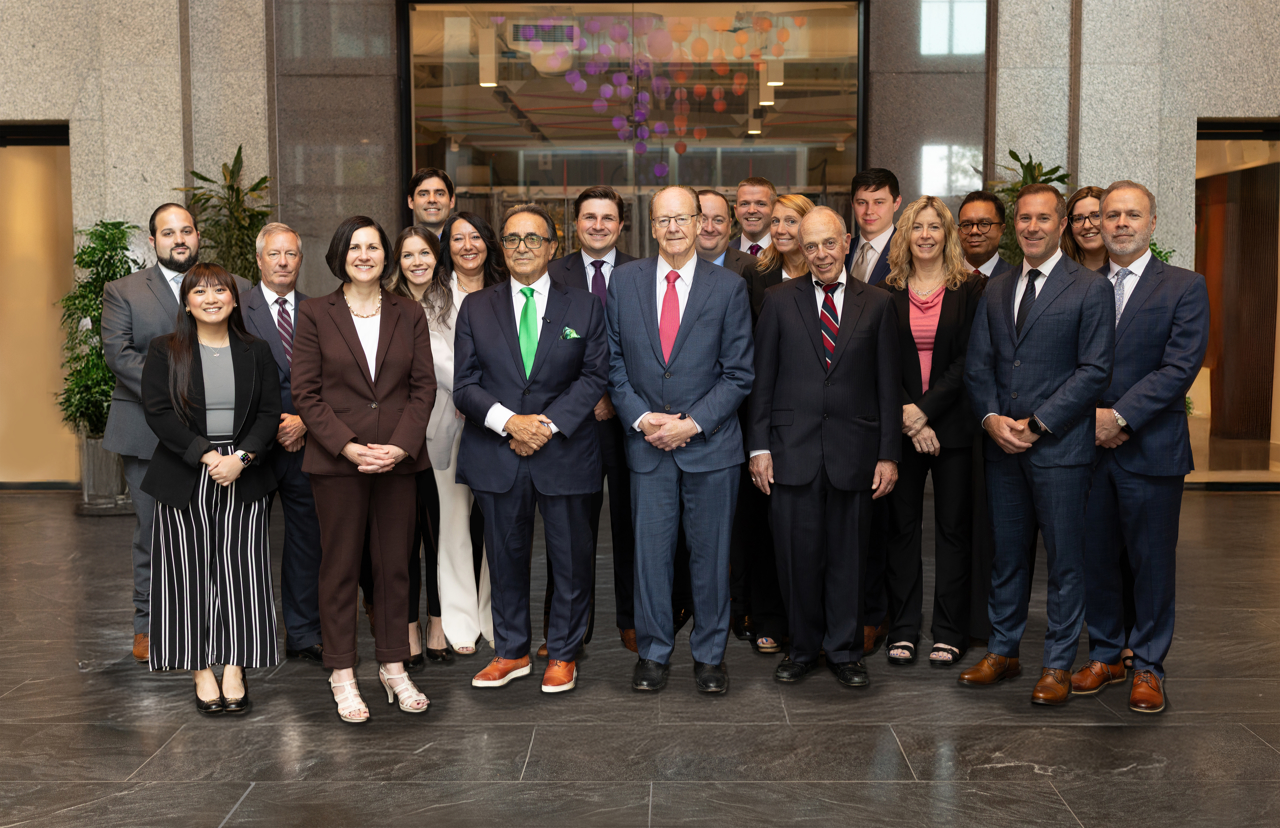What Happens If You Talk To Police Alone

When police ask to speak with you, it may seem like cooperating will help clear things up, or maybe you are told that you are not under arrest or that you are just needed for a few questions. However, speaking with law enforcement without legal representation is rarely in your best interest. In many cases, it can shift the entire direction of a case.
We have worked with many individuals who spoke up thinking they would help themselves. Instead, their words were written into reports, used against them in court, or taken out of context. These statements often become a key focus in the prosecution’s argument and are hard to undo after the fact. Even when someone is not officially under arrest, what they say may still be recorded and used to justify charges later.
How Your Words Can Be Used Against You
Officers are trained to gather details, observe behavior, and note inconsistencies. Even if you are being honest, your explanation might not line up with another person’s account or the evidence in the file. When that happens, it can raise suspicion or create the impression that you are hiding something.
Statements made during a police interview are not casual, but rather an essential part of the investigative process. Even small details that seem harmless at the moment can carry weight later on. Once you speak, your defense must account for what you said, even if the statement was misunderstood or not phrased clearly. What seems like a clarification may be written down as a contradiction.
We often see clients who meant well but walked into a conversation that changed the course of their case. Having a lawyer at that stage could have protected them from saying something that would be misinterpreted or used against them.
Consequences That Can Follow
Talking to the police on your own can also mean giving up legal options without realizing it. You may unintentionally allow a search or agree to something that limits your defense later. Once a statement is recorded, it can be very difficult to argue that it should not be used.
In addition, the timing of when you speak matters. Early interviews often happen before the full picture of the investigation is clear. Responding too soon can lock you into a version of events before all facts are available. Attorneys like those at Archambault Criminal Defense can attest that early legal guidance makes a difference. When you have support before speaking with law enforcement, you protect your rights and avoid problems that are hard to fix once the case moves forward.
Using Legal Counsel To Protect Your Rights
You are never required to speak with police without an attorney. If you are approached, you have the right to remain silent and to request legal representation. These rights are more than technical rules. They are your protections. When you use them, you give yourself the chance to handle the situation with clarity.
A criminal defense lawyer helps you understand what is being asked and whether you should answer. They stand between you and mistakes that can carry long-term consequences. Legal representation during questioning is not about hiding anything, but rather about protecting you and your rights.








